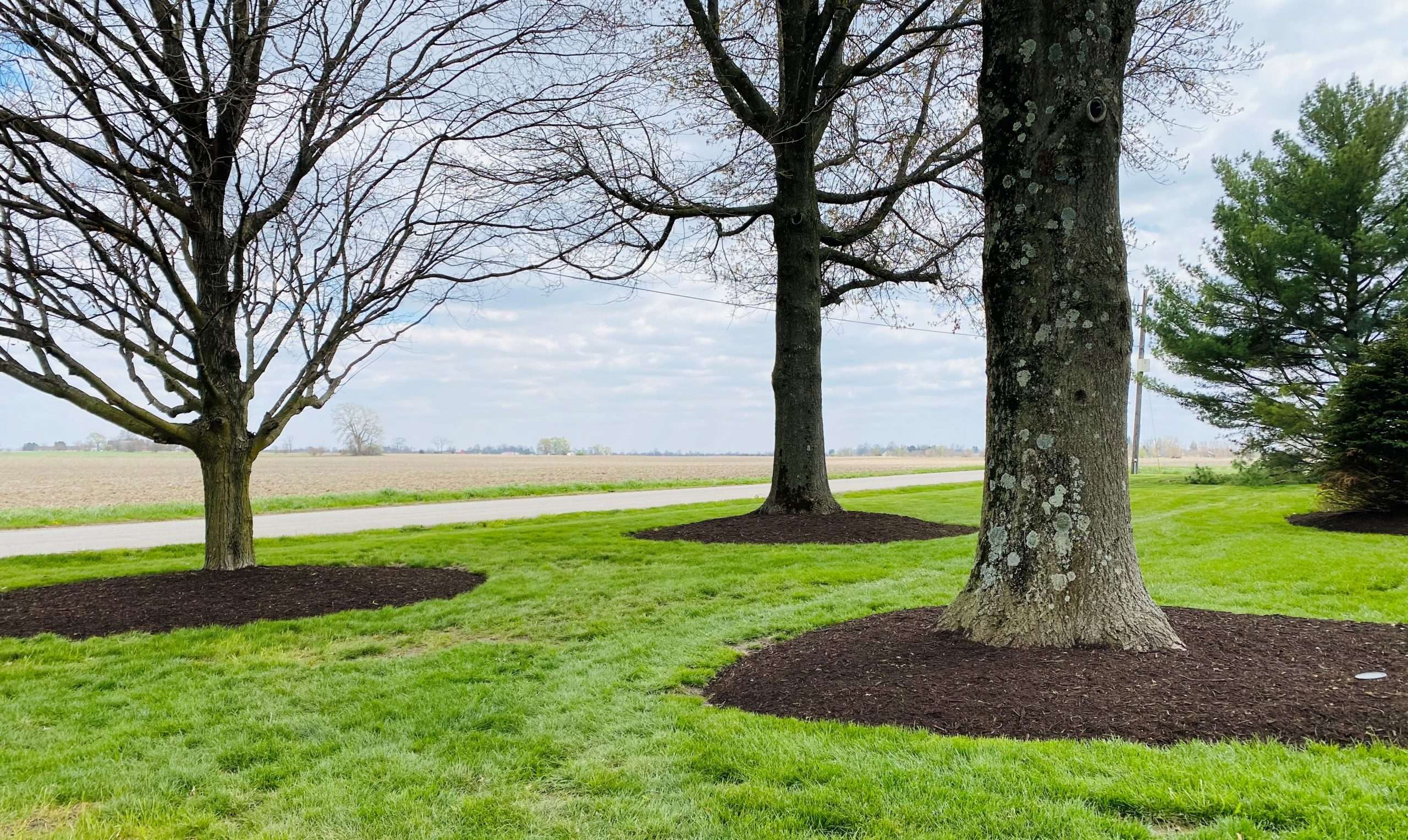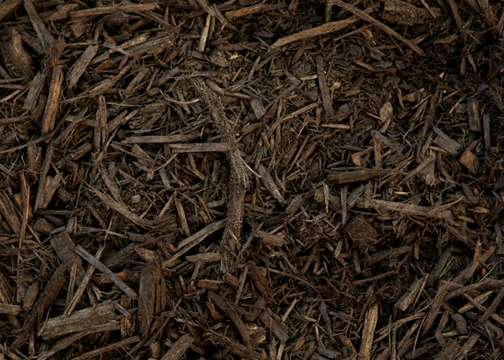Bark Mulch – What You Need to Know

Bark Mulch – What You Need to Know
Mulching isn’t just about making your garden and yard look nice – it also has a ton of benefits for your plants, including helping keep the soil moist, regulating temperature, and preventing weed growth.
Bark mulch is an organic mulch that can bring all of these benefits and more to your plants. Keep reading to learn everything you need to know about bark mulch.
Types of Mulch
Bark mulch is one of the most popular types of mulch, and it’s made from tree bark that’s been ground up. It’s usually dark brown or red, and it has a fine, crumbly texture.
Using mulching bark to cover the bare soil in your garden can make your gardening chores a lot easier over time. However, bark isn’t your only option when it comes to choosing what materials you want to use in your yard.
Other types of mulch include:
- Stone mulch, which is made from crushed stones or pebbles.
- Wood mulch, which is made from wood chips or shavings
- Plastic mulch, which is made from recycled plastic
- Paper mulch, which is made from recycled paper
Benefits of Bark Mulch
One of the biggest perks of mulching your garden with bark is the fact that it keeps weeds from growing and saves you the hassle of weeding as frequently as you would otherwise need to.
There are a ton of other benefits to mulching your garden and yard with bark, including:
- It helps the soil retain moisture, which is especially beneficial during hot, dry summers.
- It regulates soil temperature, keeping it cool in the summer and warm in the winter.
- It can help reduce erosion and save soil from being washed away.
- It can improve soil quality because as it decays, it adds nutrients to the soil.
- It adds to the attractiveness of your garden by providing texture and color where bare dirt would normally be.
Uses for Bark Mulch
Bark mulch is a versatile mulching material that can be used for a variety of purposes. This long lasting mulch can be used in a variety of areas such as flower beds, vegetable gardens, around trees, and between shrubs.
A benefit of using bark mulch is to use it as a soil amendment. When you add mulching bark to the soil, it helps improve the soil’s structure, drainage, and fertility.
Because bark mulch is thicker than finer organic mulching materials, it can be a hassle to dig around since it doesn’t mix with soil well. For this reason, it’s best to use this type of mulch in areas you don’t plan to dig around – like shrubs and trees.
Conclusion
Mulching is a great way to keep your garden healthy and looking nice, and bark mulch is one of the best organic mulches out there. It’s affordable, easy to find, and it has a ton of benefits for your plants. So next time you’re mulching your garden, consider using mulching bark to get the most benefits.
Standard Hardwood Mulch vs Premium Hardwood Bark Mulch: Which is Best for You?
Standard Hardwood Mulch vs Premium Hardwood Bark Mulch: Which is Best for You?
Mulch comes in a variety of colors, aids in the nourishment of soil and plants, and is an aesthetically pleasing additive for enhancing landscapes and gardens. But sometimes when you have a particular material in mind, it can be difficult to parse through the differences between all the options.
Not to mention the quality per cubic yard. Below aims to break down those differences by using two similar forms of a popular mulch material as an example: standard hardwood mulch and premium hardwood bark mulch.
Standard Hardwood Mulch
Contents
Standard hardwood mulch – without dye – is one of the most economical types of mulch available. Hardwood mulch is shaven pieces of wood from dicot trees, their blends deriving from oak, hickory, and maple wood. Usually, mulch is created using recycled forms of these wood types or their excess wood trimmings.
And while regular hardwood mulch loses its vibrancy and turns grey over time, making it an eyesore in the garden, this particular mulch is treated with a water and vegetable-based dye that’s reliable, eco-friendly, and non-toxic. That means it won’t poison plants, humans, or pets that accidentally ingest it.
Benefits
Organic hardwood mulch generally lasts for up to two years with fine to medium-sized shreds. Due to its durability, it’s recommended for slopes and water-prone areas as a mulch that’s less likely to wash away during storms. Dyed hardwood mulch, on the other hand, should be laid under clear skies to preserve its color.
As an organic, it provides nutrients to the plants it surrounds. It’s also great at insulating plant roots, staving off weed buildup, and preventing soil erosion.
Uses
This particular mulch is all-purpose (for both gardens and landscapes) and compatible with alkaline soil. Alkaline is the pH of the soil and determines the types of plants that can survive within it. Soil is considered alkaline soil or “sweet soil” when it reaches a pH above 7.
Hardwood mulch is perfect for alkaline-tolerant plants like phacelia, lavender, and lily of the valley. It’s also great for alkaline fruits and vegetables that enjoy a pH of 8 or lower, like figs and cucumbers.
Premium Hardwood Mulch
Contents
Premium dyed mulch contains hardwood like the standard, except there’s the addition of bark. Hardwood bark mulch is the most popular organic mulch on the market. Just like the standard, it has toxin-free, water/vegetable-based dye. Versus standard’s black dye, premium’s long-lasting dye colors are dark brown, black, red, and cherry chocolate.
Benefits
Premium’s mulch blend has small to medium bark and hardwood pieces. Pieces of different sizes ensure that the alkaline in the soil remains high. Smaller pieces will degrade faster and immediately upon being laid while larger ones decompose over a long period, consistently strengthening the soil’s alkaline state.
Both standard and premium mulch have this feature, but the inclusion of bark elongates its benefits, as well. Bark is more nutrient-dense than wood fibers, improves weed control, is less likely to blow away, and is more natural-looking underneath an array of flowers and shrubbery.
Uses
Both standard and premium mulch is beneficial for the styling and maintenance of gardens and landscapes. But while standard hardwood mulch is multipurpose, the presence of bark in premium hardwood mulch is useful for improving soil compaction, aeration, and transferring moisture to plants.
